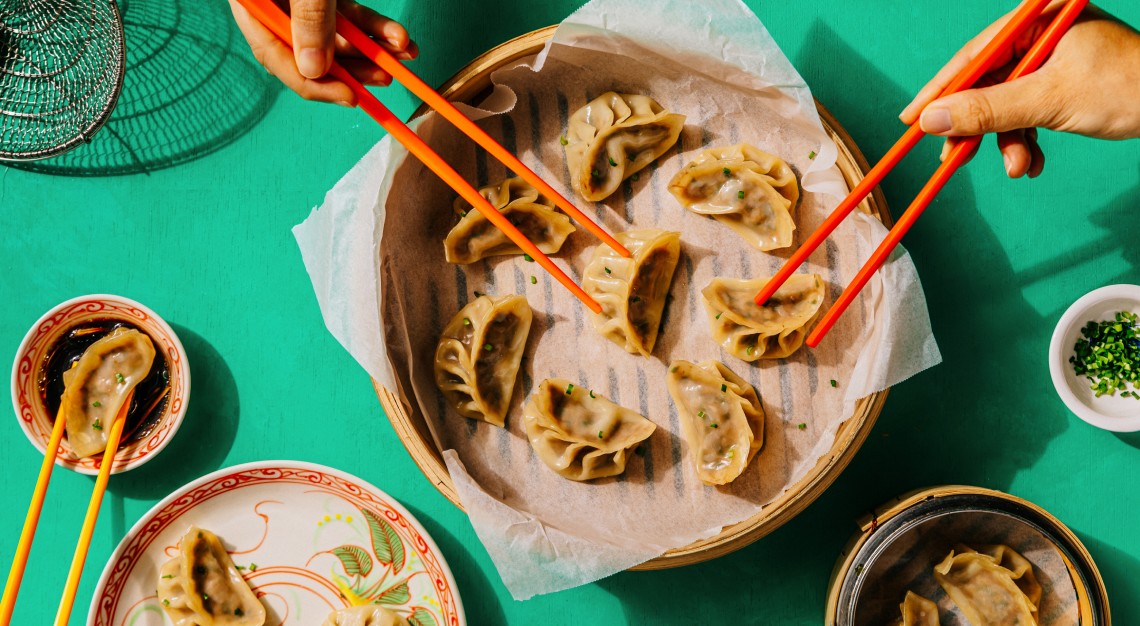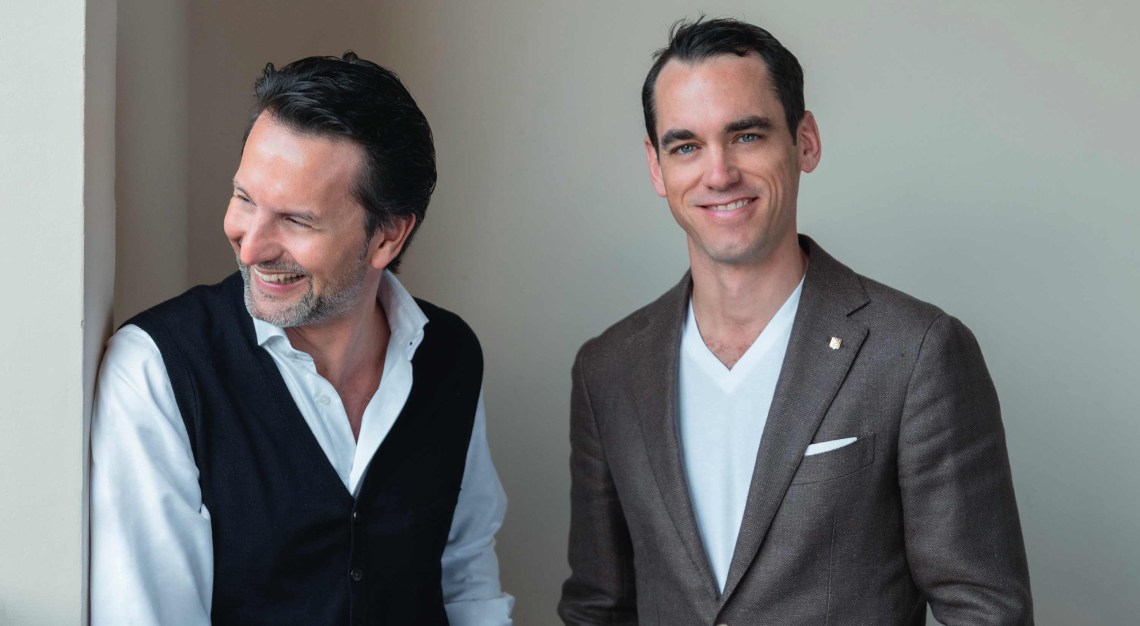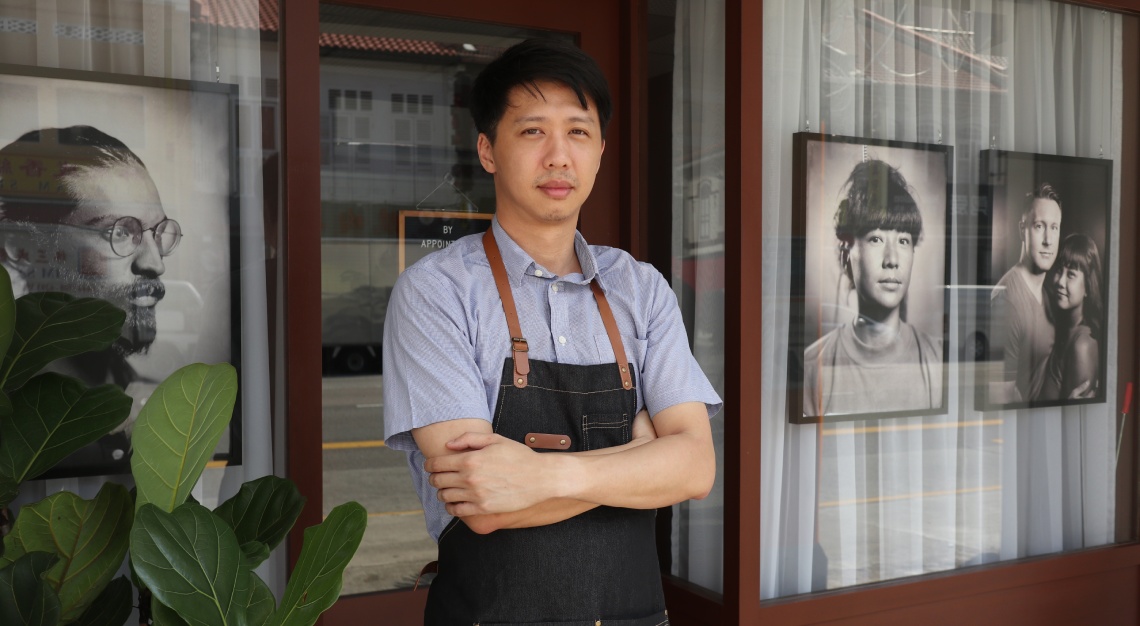Dan Riegler of Karana is out to prove that plant-based diets are no less enjoyable than what people are used to
“I’ve always operated on the assumption that you need to have meat to have a real meal and be satisfied,” says Dan Riegler, co-founder of Karana. But things changed following a bicycle trip in Thailand, where he spent months eating vegetarian food.
Riegler started to realise he enjoyed the food a lot more than he expected, especially since he has always had an appreciation for good food, albeit meat-centric ones. “That was the first time I had consciously made the connection that I was getting more appreciation for food without meat. The flavours – and balance of flavours – were still coming through and I started to think about what meat is contributing to this,” he says.
That period of introspection would lead to the founding of Karana, which specialises in whole-plant meat substitutes that are as healthy as possible and are environmentally more sustainable as well. Based in Singapore, Karana processes young Sri Lankan jackfruit into a meat substitute, with only a smattering of natural ingredients as additives.

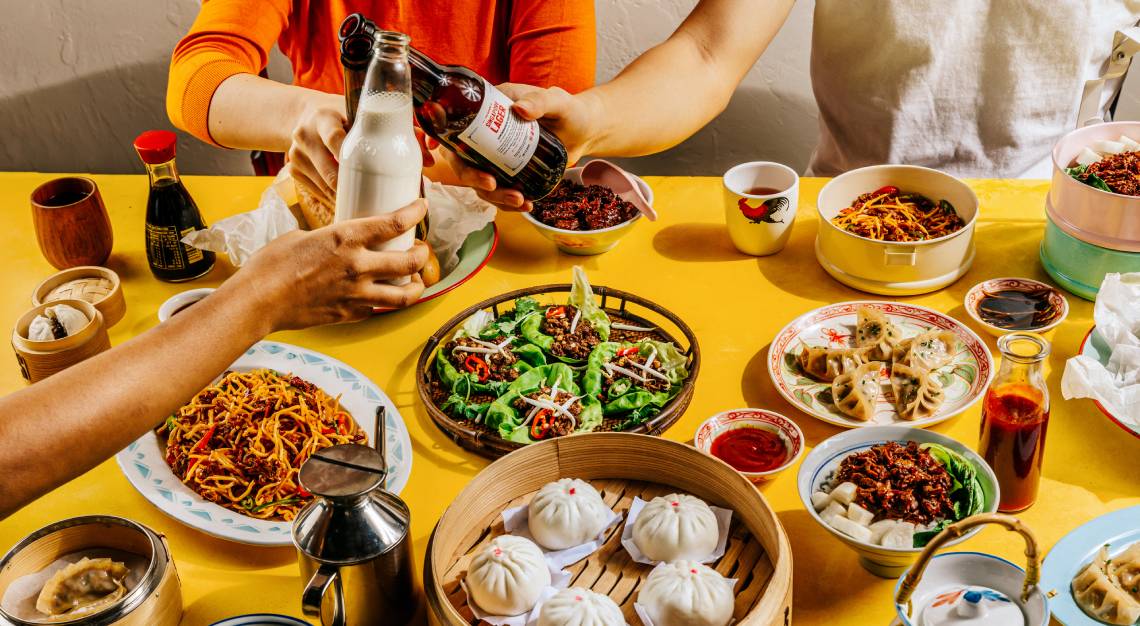
“For me, it was mainly an environmental standpoint. There are two things I’ve always been very passionate about in my life. One is food, and the other thing is sustainability,” says Riegler.
Realising that his eating habits were not contributing to a sustainable food system and at the same time seeing that there was room for changes at an infrastructural level, Riegler was motivated to explore alternative proteins and more sustainable food practices.
“Very few people were really interested in talking about plant-based meats beyond two years ago, and that conversation has changed so quickly here. In the US, five years ago, hardly anyone cared, and now it’s everywhere,” says Riegler.
He noticed that people were starting to realise the connection between food, health and the environment, and he became convinced that it was a trend that was likely to stay. His previous work in finance and experience with agricultural set-ups led him to believe that producing healthy meat substitutes would be a viable business opportunity – and one that could be fulfilling on multiple levels. The next step was to find a way to provide enough products – be they raw ingredients or ready-to-cook – at an accessible enough price so people could make that switch.
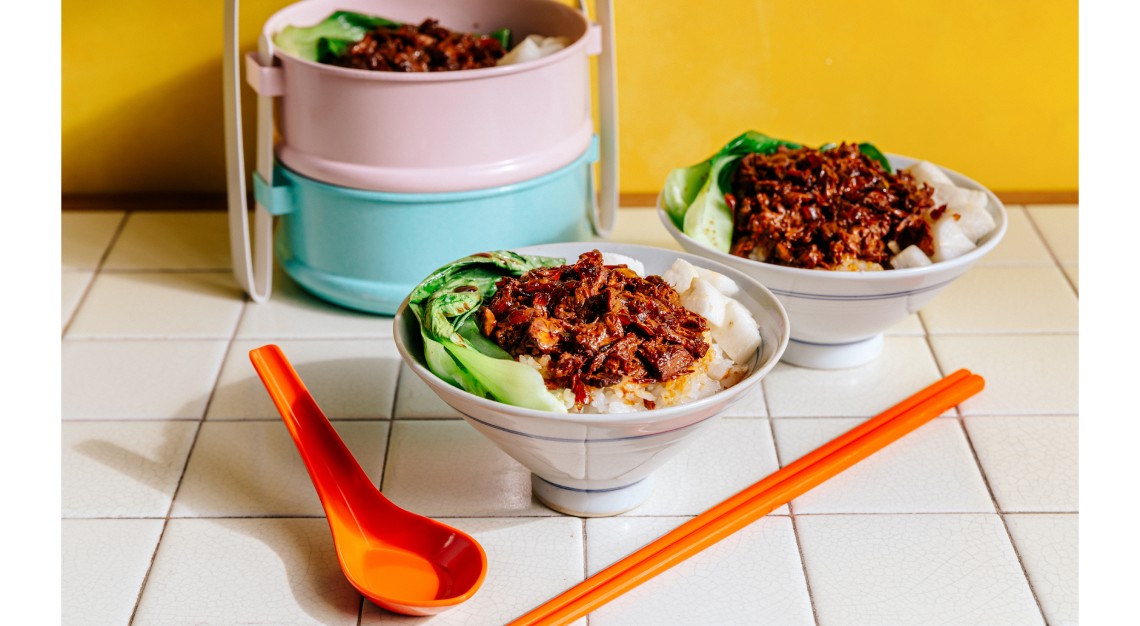
Jackfruit is an excellent example of what Karana looks for in a food crop. It checks off crucial boxes in terms of commercial viability as well as sustainability potential. Jackfruit requires little water, fertiliser and maintenance, and yet it is a high-yield crop. It is often intercropped and offers additional benefits like support for pepper vines and shelter for vanilla pods. It also helps that the fruit has a proven track record in its use as a meat substitute. Riegler couldn’t have asked for a better candidate to kick off his company.
He explains that Karana taps onto the supply that would typically be wasted, and will not disrupt the current mechanisms of the supply chain. It’s a win-win, he adds. Farmers will have more income, and there is no need to clear natural landscapes to increase production.
Karana is working with a host of restaurants like Grain Traders, Atout, Butcher Boy, Candlenut and Open Farm Community to incorporate the jackfruit product into their dishes. I was able to try a bespoke menu at Butcher Boy, and boy, was I impressed with the results. You won’t believe that it’s meat, but my taste buds don’t care: good is good.
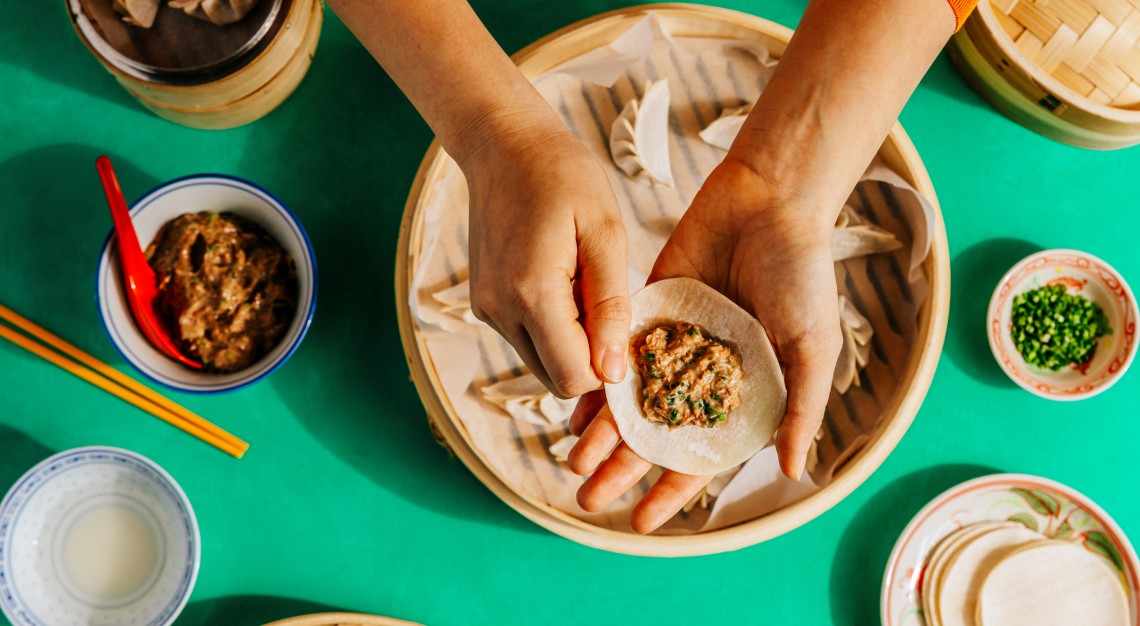
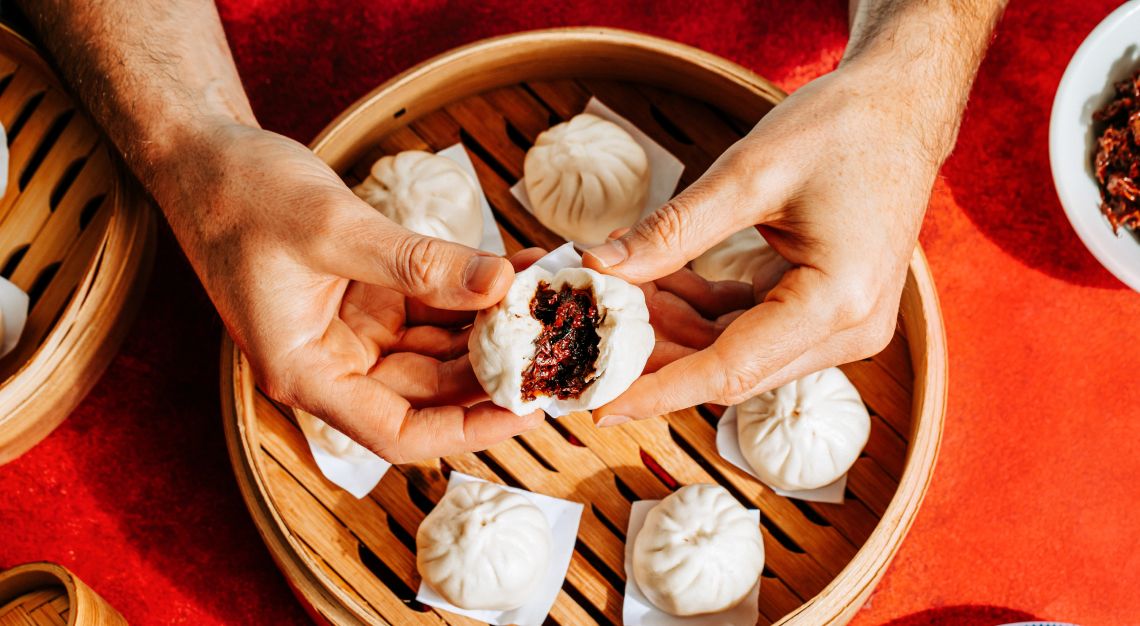
Riegler is bent on making a good impression on consumers. While Karana is less concerned about having a full range of products from the get-go, it has an upcoming range of jackfruit-based frozen dumplings and meat buns for the consumer market.
“We think that’s really the key: making it as accessible as possible, making it convenient, so it becomes a no-brainer. There’s no barrier to switching. If you have something that offers you the same experience and it’s going to be healthier, lower in calories, similarly priced, much better sustainability from a sourcing standpoint – our hope is that at that point, people will feel good about making a switch,” he explains. “None of this is new. It’s really about how to get people excited and how to get people to want to consume this product. It’s about having choices and making it convenient.”
But Riegler is under no illusion that he has found a silver bullet that will get people to start eating healthier and more responsibly. That comes from the power of the collective.
“There’s no one solution for this. There’s no one product that’s going to make or break this industry,” he adds, acknowledging that the ideal situation is to have as many good substitutes as possible, either as an ingredient or a finished product. It’s about variety and giving people the power to choose.
“Very few people eat the same thing, day in, day out. People want a range of flavours and experiences. Giving them the opportunity is the best chance we have.”
